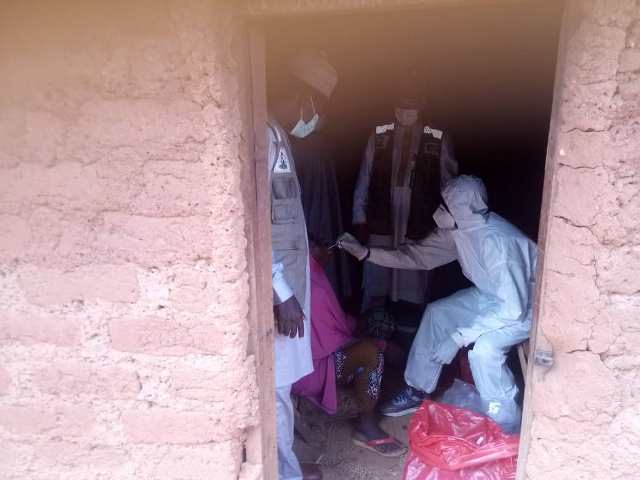
SAT, MAY. 06 2023-theGBJournal|Following a recommendation from the World Health Organization (WHO) Emergency Committee for COVID-19, WHO Director General Dr Tedros Adhanom Ghebreyesus has confirmed that COVID-19 will no longer be categorized a Public Health Emergency of International Concern (PHEIC).
WHO declares a PHEIC when an emergency is “serious, sudden, unusual or unexpected”, with implications for health beyond the affected state’s national borders – and the status helps trigger a set of measures and legally binding obligations that facilitate a coordinated international response. Lack of PHEIC status does not mean COVID-19 is no longer a pandemic: the DG noted that this news does not mean COVID-19 is “over as a global health threat.” Several PHEICs have not been related to pandemics, and several sustained epidemics or “pandemics” have not been assigned PHEIC status. Read more about these nuances here.
The Emergency Committee has met every three months since the PHEIC was declared in early 2020. The lifting of official PHEIC status is a sign of the progress made in the past year, getting most countries to a solid baseline of coverage, including with support from COVAX which has focused efforts on lower-income countries. Global coverage with a primary series (two doses) of COVID-19 vaccine stands at 64% on average, and at 55% on average in the 92 lowest-income countries (compared to 28% at the beginning of 2022).
On average, the majority of health care workers and older adults across the world – among those at greatest risk – are protected with two doses, and are starting to receive boosters. The countries furthest behind have made remarkable progress.
Dr. Seth Berkley, CEO of Gavi, the Vaccine Alliance, which co-leads COVAX – the global initiative for equitable access to COVID-19 vaccines – comments on what today’s decision means for the continued fight against COVID-19 and other deadly infectious diseases:
“After more than three years of this pandemic, the world is ready to move to the next phase. But while today marks a historic milestone, we must also be clear about the need to continue to protect our most vulnerable people, as we do for other deadly but preventable diseases. Around three out of ten older adults in lower-income countries have not yet received two doses, and we know they are among those most likely to become severely ill or die from COVID-19.
During the pandemic, countries delivered more vaccines than ever before in history. With multiple outbreaks, millions of children missing out on routine vaccinations, and the certainty of future pandemics, the urgent question is – how can we best apply what we have learned to reach more people with lifesaving vaccines than ever before?”
COVAX has delivered nearly 2 billion doses to 146 countries, and dedicated more than US$ 1.6bn to help countries turn vaccines into vaccinations, and strengthen health systems. For the past year, Gavi and partners have been working to help countries plan for this moment, and ensure an unprecedented global emergency response effort can smoothly transition to a tailored, country-specific effort to deliver COVID-19 vaccines alongside other vital routine services.
With a strong foundation of coverage around the world, a plan to integrate COVID-19 vaccine delivery into routine vaccination programs, developed in consultation with countries and partners, will be discussed at the upcoming Gavi Board meeting in June 2023. Most recently, the African Union, Africa CDC, Gavi, WHO, UNICEF, countries and other partners convened a “global stocktake” in Addis Ababa to share thoughts on how best to take this work forward.
Twitter-@theGBJournal|Facebook-the Government and Business Journal|email:gbj@govbusinessjournal.ng| govandbusinessj@gmail.com









